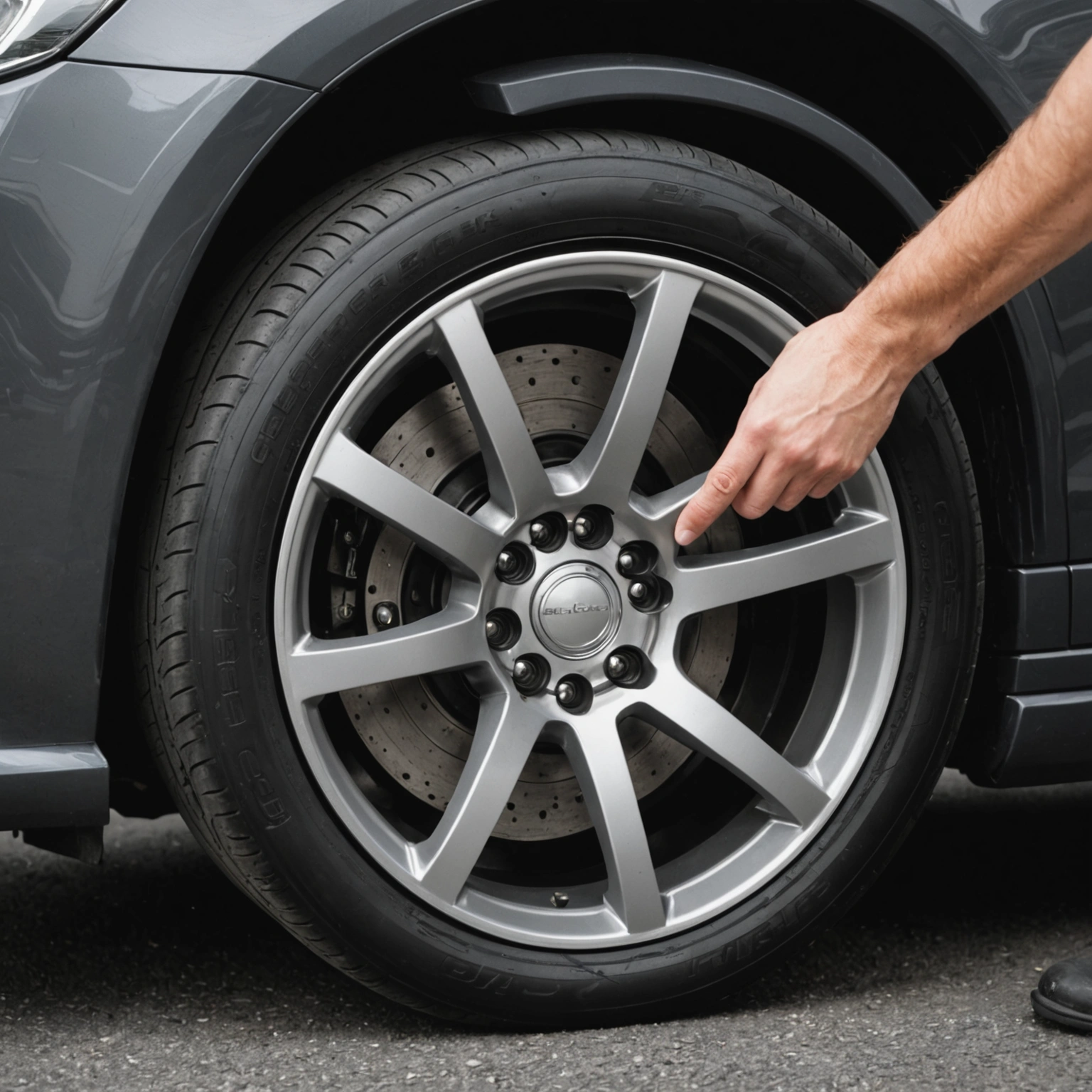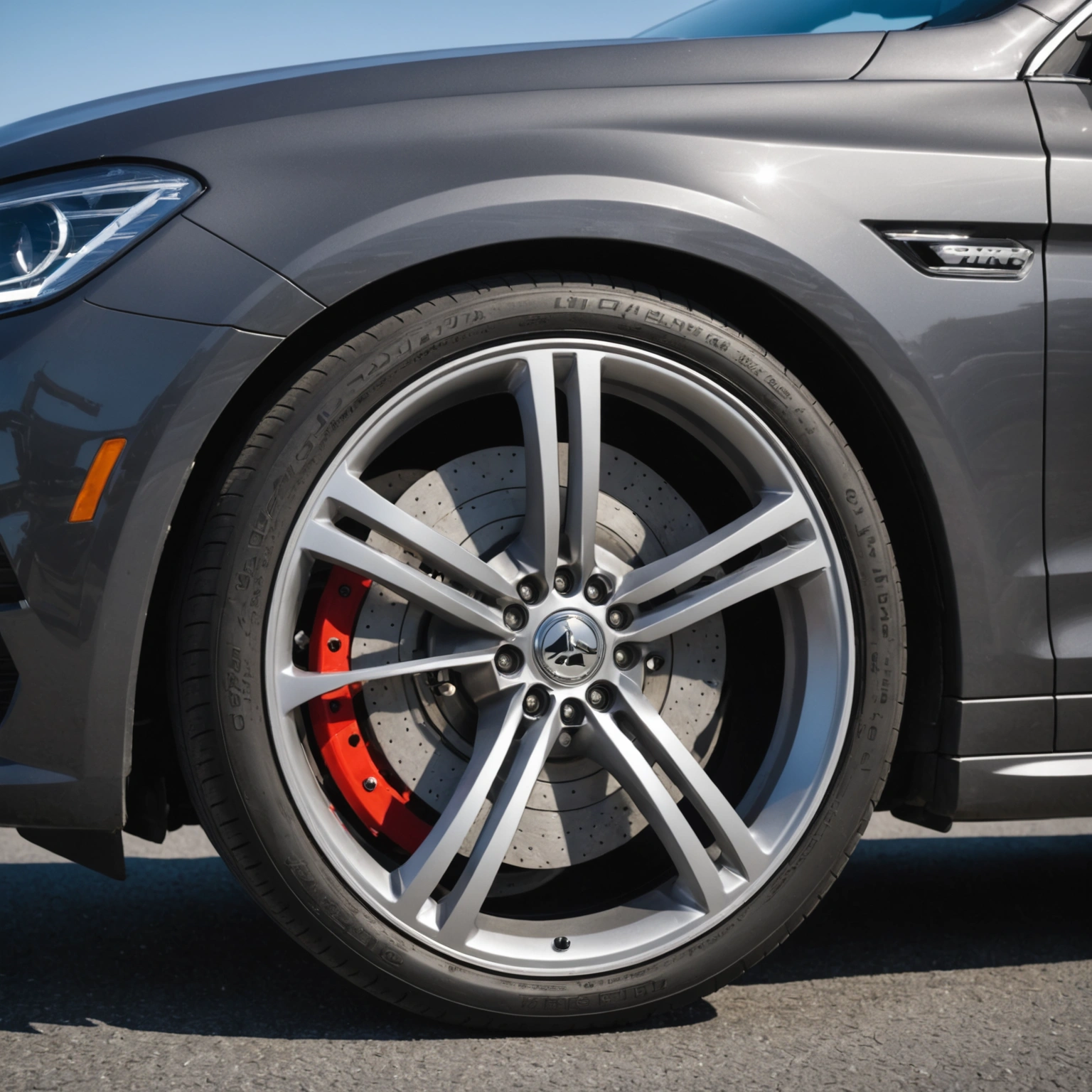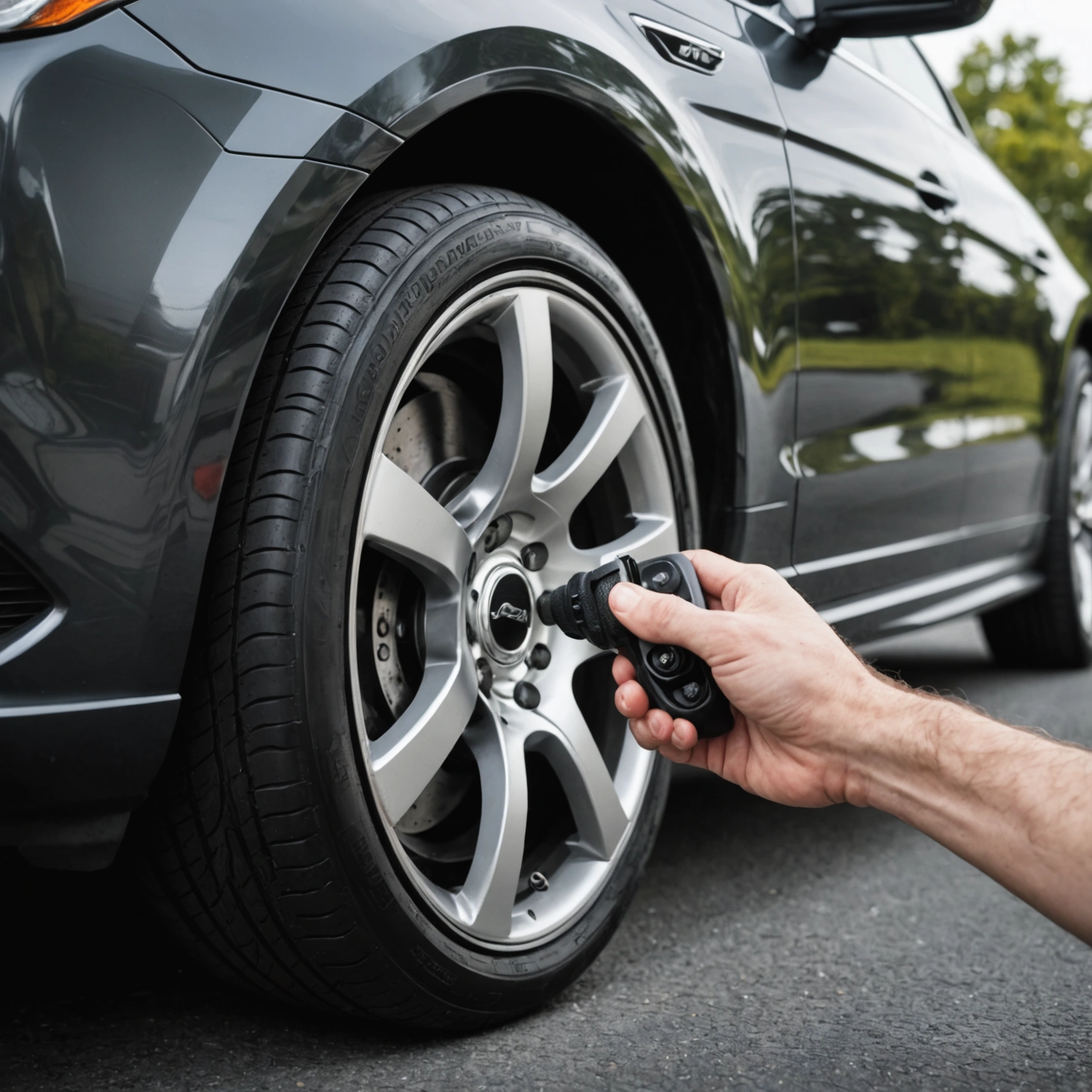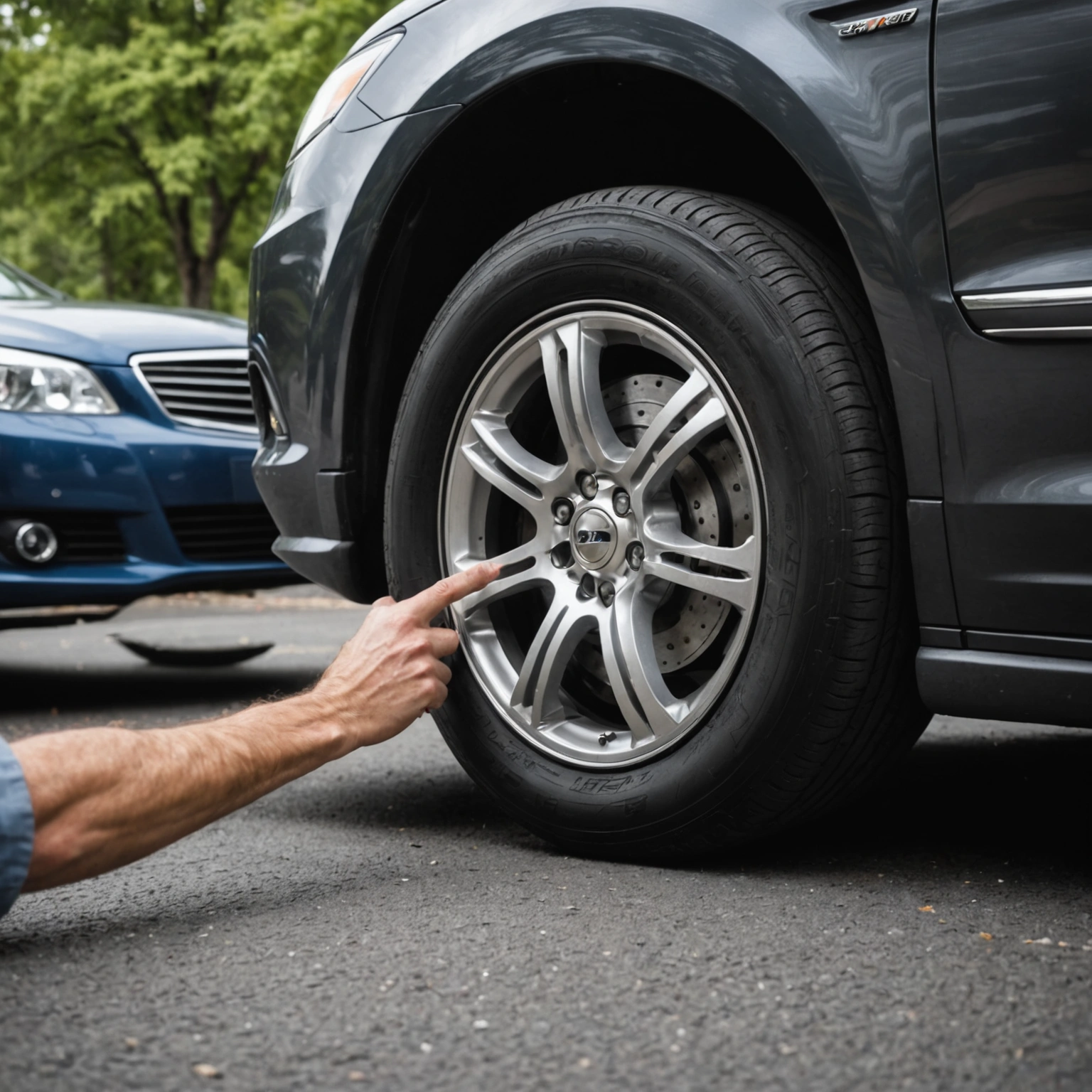**Why Does My Car Jerk When I Brake? Understanding the Causes and Solutions**
If you’ve experienced your car jerking or lurching when you apply the brakes, you’re not alone. This unsettling sensation can be caused by several issues within your vehicle’s braking or suspension systems. Understanding the common causes can help you diagnose the problem early and determine whether professional repair is needed.

### Common Causes of Car Jerk When Braking
#### 1. Warped Brake Rotors

**What it is:** Brake rotors are metal discs that work with brake pads to slow your vehicle. Over time, they can become warped due to excessive heat, uneven wear, or frequent hard braking.
**How it causes jerking:** When rotors are warped, the brake pad’s contact with the disc is inconsistent. This leads to a pulsing or jerking sensation every time you press the brake pedal.

**Solution:** Resurfacing or replacing warped rotors typically restores smooth braking. Regular brake inspections can help catch this issue early.
#### 2. Worn Brake Pads

**What it is:** Brake pads wear down over time and may become uneven.
**How it causes jerking:** Uneven or thin brake pads can cause uneven pressure on the rotors, resulting in a jerking motion during braking.
**Solution:** Replacing worn brake pads ensures even contact and smooth braking.
#### 3. Suspension or Steering Problems
**What it is:** Issues such as worn suspension components, steering linkage problems, or unaligned wheels can affect how your car responds during braking.
**How it causes jerking:** These issues can cause instability or uneven weight distribution, making the car jerk when braking.
**Solution:** A thorough suspension and alignment check can identify and fix these problems.
#### 4. Brake Caliper Issues
**What it is:** Brake calipers house the brake pads and are responsible for pressing them against the rotors. If calipers are sticking or malfunctioning, they can cause uneven braking.
**How it causes jerking:** Sticking calipers can lead to inconsistent brake pressure, resulting in jerking or pulsing.
**Solution:** Caliper repair or replacement often resolves this issue.
#### 5. Brake System Contamination
**What it is:** Oil, dirt, or brake fluid leaks can contaminate brake pads and rotors.
**How it causes jerking:** Contaminated surfaces can lead to uneven friction and jerky braking.
**Solution:** Cleaning or replacing contaminated components improves braking performance.
### When to See a Mechanic
If your car jerks when braking, it’s advisable to have a professional mechanic inspect your vehicle promptly. Ignoring the issue can lead to further damage, reduced braking effectiveness, or safety hazards.
### Preventive Tips
– Regularly inspect and replace brake pads before they wear too thin.
– Have your brake system checked during routine maintenance.
– Keep your suspension and steering components in good condition.
– Drive smoothly, avoiding aggressive braking that generates excessive heat.
—
**In Summary:**
Car jerking when braking is often caused by warped rotors, worn brake pads, or suspension issues. Addressing these problems early ensures your vehicle remains safe and provides a smooth driving experience. If you’re unsure about the cause, consult a trusted mechanic to diagnose and resolve the issue effectively.

